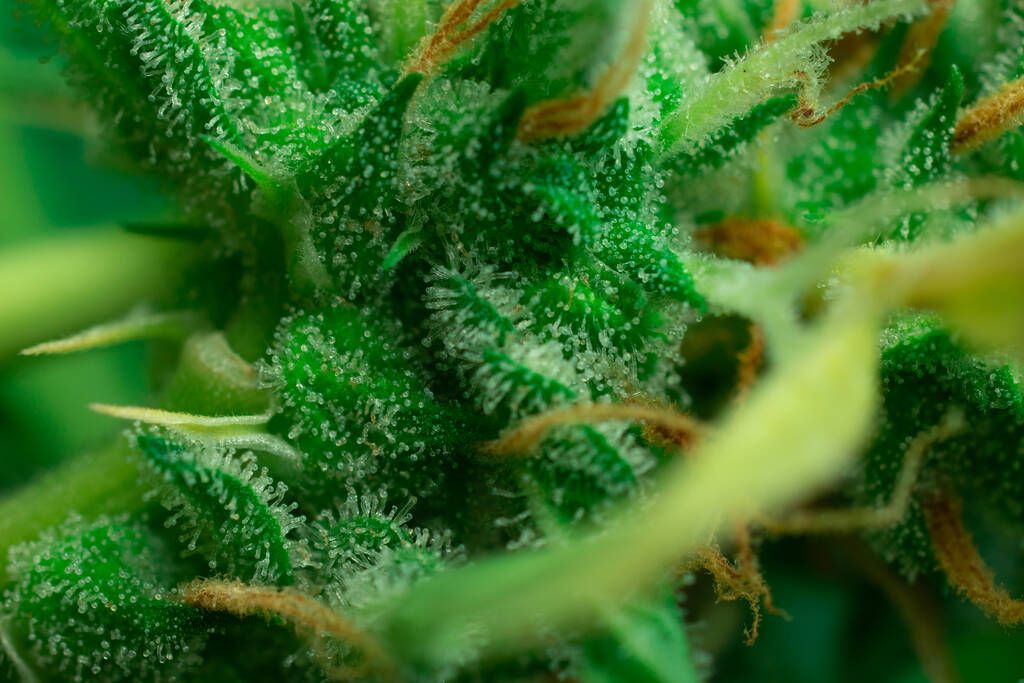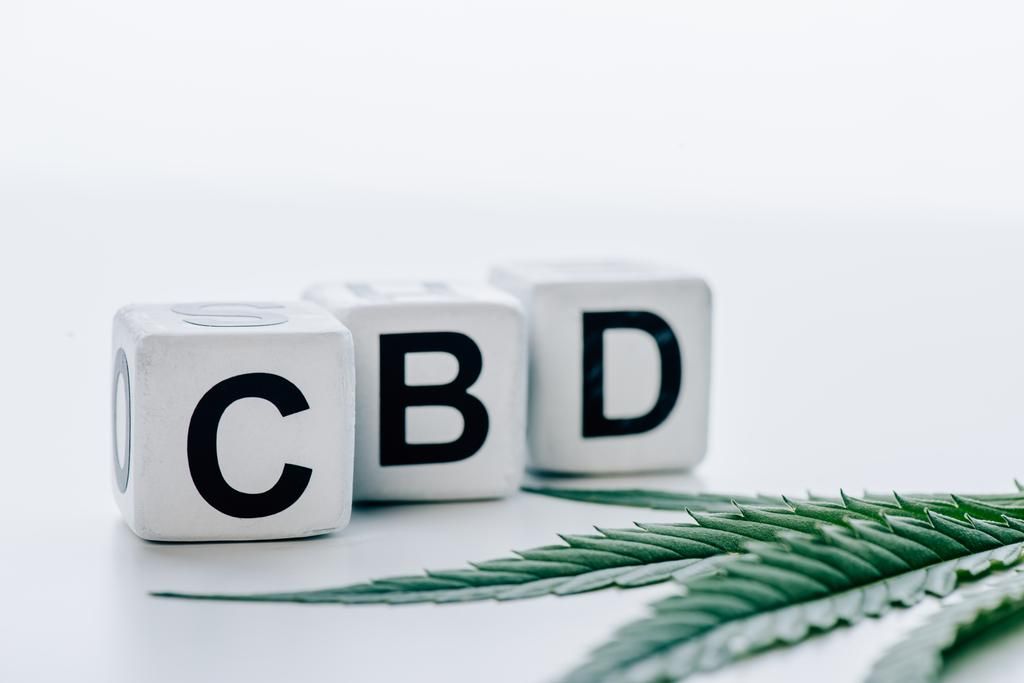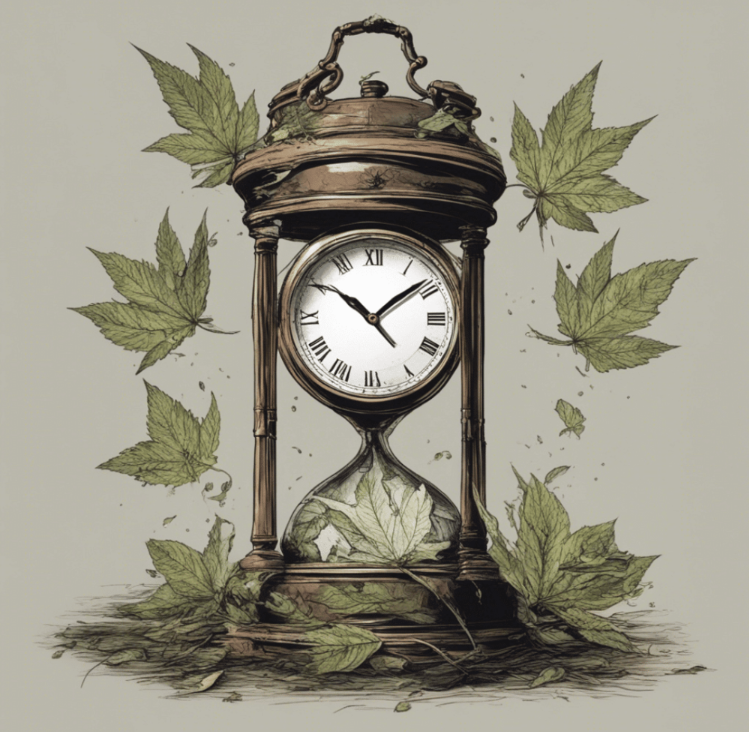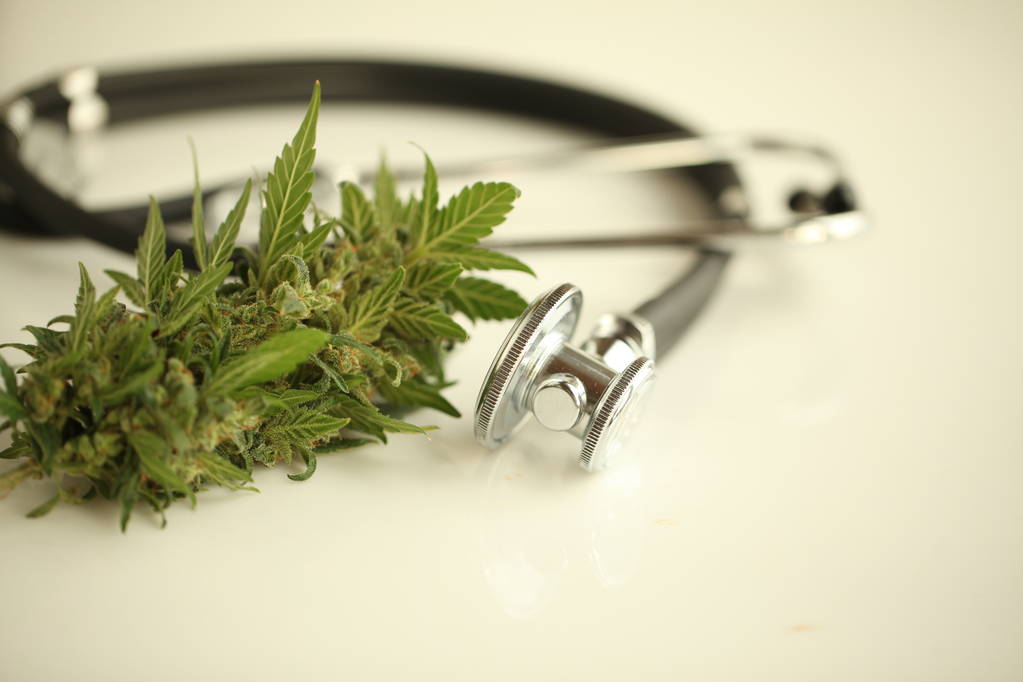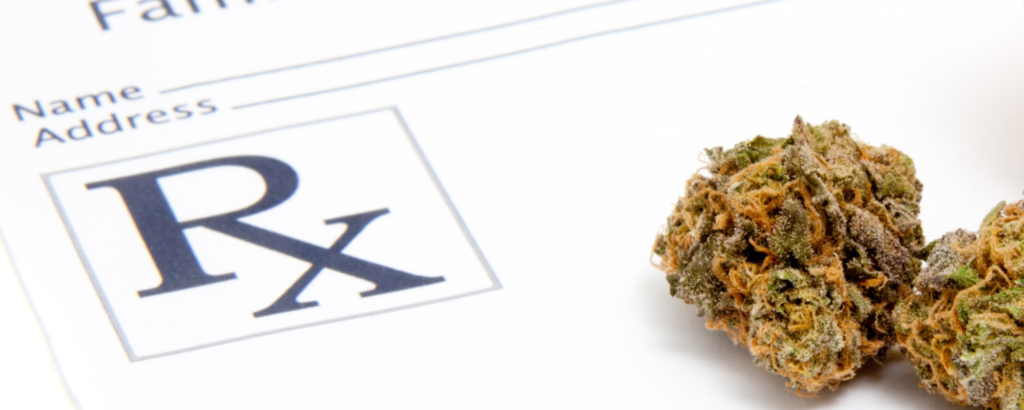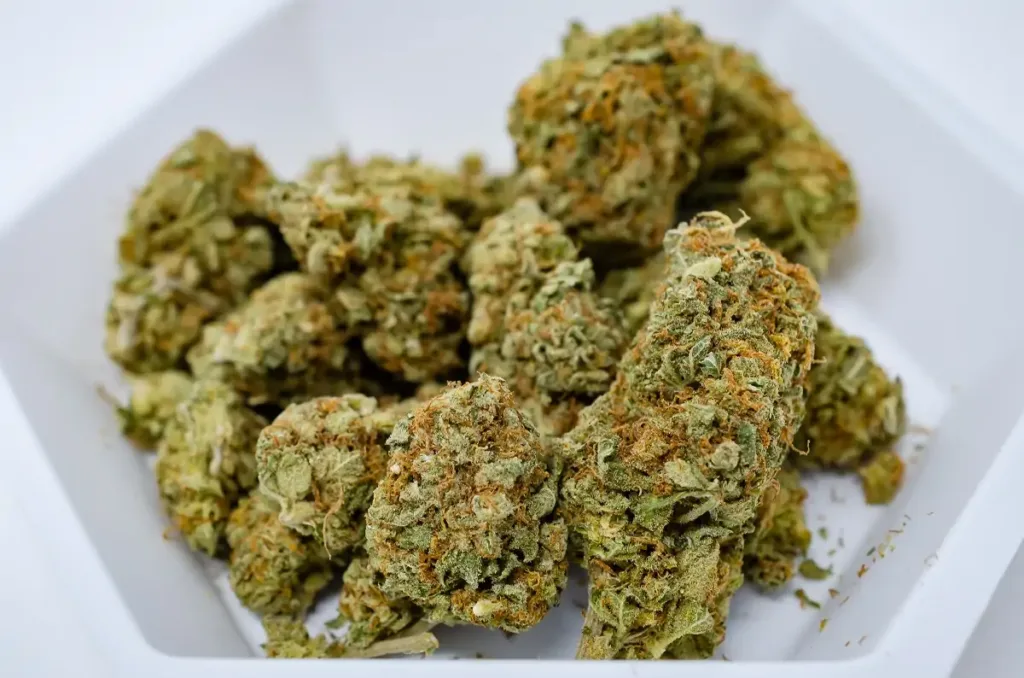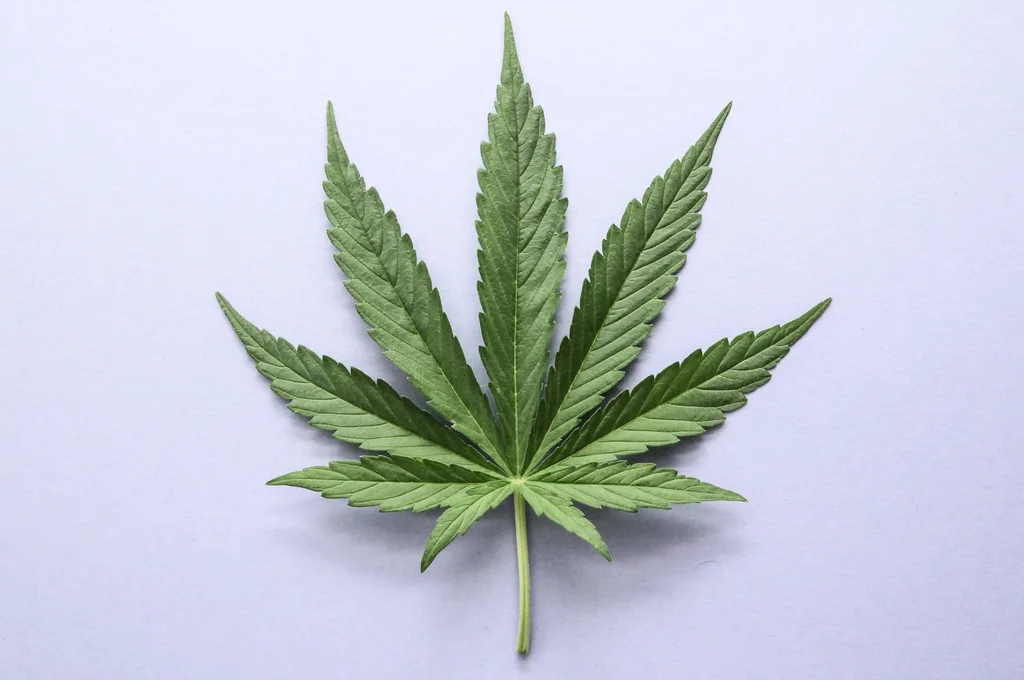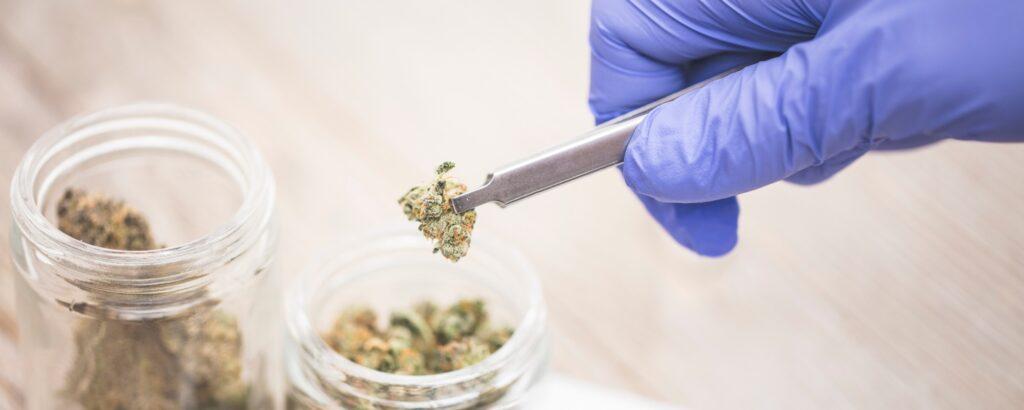A bipartisan group of five Georgia lawmakers has introduced House Bill 757, a measure that would regulate the sale of kratom products in the state.

Filed today by Representatives Kelley, Jasperse, Kendrick, Ridley, and Mathis, the bill would require kratom processors to register their products annually with the Department of Agriculture and meet strict compliance standards.
Kratom, a plant native to Southeast Asia that’s been used for thousands of years, has gained popularity in the U.S. as a natural supplement. It is commonly used for its stimulant effects in low doses and its pain-relieving properties at higher doses. Many consumers say that kratom helps them relieve their pain, PTSD, and anxiety. It’s also commonly used as an alternative to opioids.
Continue reading

